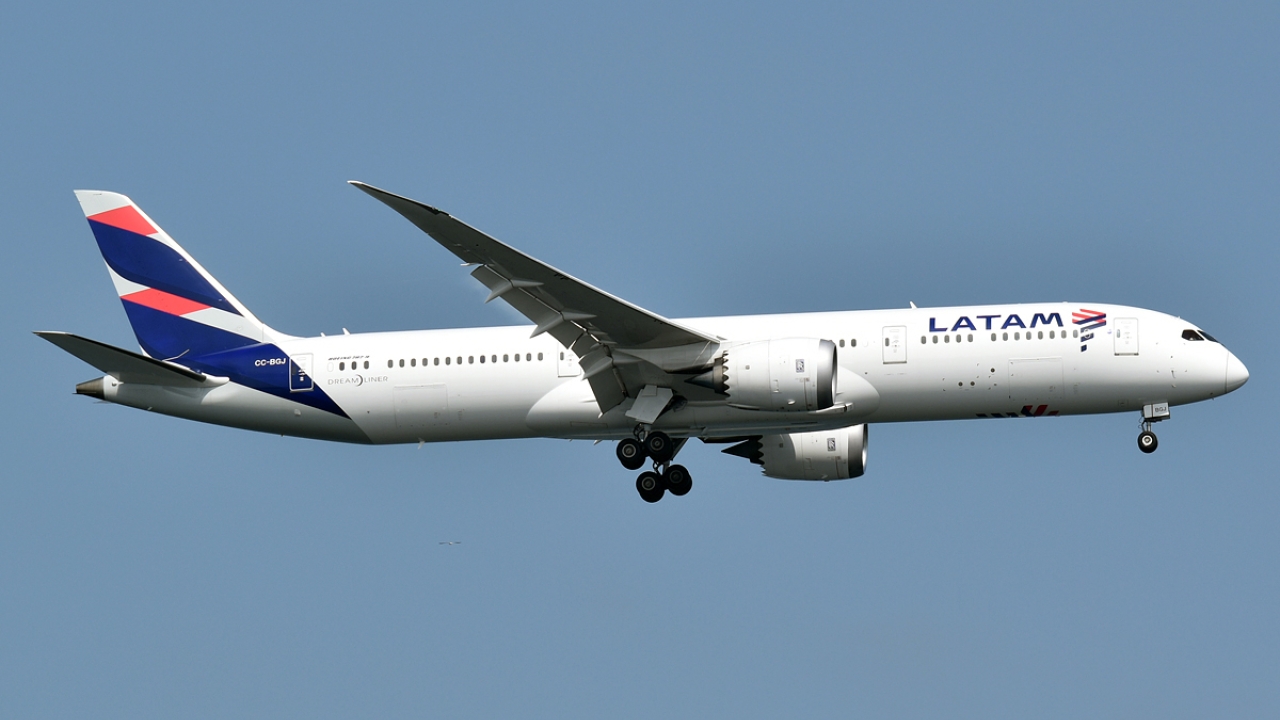Grappling with change
The challenges of costs, competition, workforce and technology were among topics tackled by top MRO industry speakers at a conference in Dubai. Chuck Grieve reports.

Maintenance is a major part of an airline’s overheads but, despite growing MRO capacity in the Middle East, more than half the maintenance budget is spent outside the region.
This was one of the concerns raised by speakers at the annual Airline E&M: Middle East conference.
The event was staged alongside MRO Middle East and Aircraft Interiors Middle East in January.
Frederic Dupont, vice-president technical sales for Etihad Airways Engineering (EY Eng), said it was “surprising” how much MRO is outsourced outside the region.
Despite the existing capacity within the region, a lot of airlines here are thinking of starting their own MRO operations, he said. It highlights a communications problem.
In his view, the industry lacks continuity and cohesion. “As a collective, we need to start engaging in discussion at a regional level.
“Competition is good for MROs – it keeps us sharp, and that’s good for the customer,” he added. But operators also need to know when they ought to complement each other.
He said about 70% of EY Eng’s work comes from other airlines, from as far afield as Asia-Pacific and South America. No longer a cheap labour market, the Middle East’s unique selling point (USP) now is a comprehensive offer at a competitive price. It’s a sustainable business model as long as MROs here can attract airlines from outside the region.
New technology presents an on-going MRO challenge as 50-60% of the region’s fleet is going to be new generation aircraft.
Dupont predicted more consolidation. “It’s hard out there for independents” in an industry dominated by OEMs, he said.
Husham Osman, Royal Jet’s head of maintenance, said opportunities exist for third-party MROs but start-ups face a lot of challenges, including staff, licences, locations and competition from the big players. The Middle East geo-political situation adds to the risk for investors.
An issue for the industry, he said, is an apparent lack of understanding among authorities about various qualifications, leading to licences not being recognised from one jurisdiction to another.
The third-party MRO sector will pick up fast when it starts in earnest. It needs a kick-start from government, but Middle East governments seem more interested in investing in MRO operations outside the region, he said. “What message does that send?”
Authorities need to relax regulation and encourage competition, he added.
Richard Brown, principal at ICF International’s aerospace consultancy, told delegates the impact of new technologies on aircraft will change how we think about MRO. Although health-monitoring capability has been built in for some years, technologically ‘smart’ aircraft are coming. With them comes big data and a range of opportunities.
ICF analysis shows aircraft-on-the-ground (AOG) costs the industry about $8 billion a year, he said. Predictive maintenance “goes beyond MRO” – it opens up the possibility of running a complete airline “in the round” at a potential saving of $3 billion a year for airlines.
“The landscape is changing,” said Brown. “A lot of players are getting into the data field.”
For independent MROs, the way ahead may be joining up with OEMs, which themselves are increasingly offering MRO services.
The Middle East MRO market is growing at 7%, faster than the fleet. Low-cost airlines are adding capacity, while traffic growth with the main carriers is flattening. “Some routes have been cut – something we’ve not seen before,” he said.
Brown did not see an end to the “highly competitive situation” for MRO in the region nor the “rational use” of capacity, often duplicated, particularly in airframe. However, as more aircraft come out of warranty, there should be more demand for their services.
Guillaume Mille, head of flight hours services sales for Airbus, also spoke about the impact of big data and advanced monitoring, saying there is already a move away from the “mega-check” toward more frequent task-oriented checks.
As data from the global fleet grows, scheduled checks on some components may no longer be needed.
Ultimately, he said, maintenance will be “dynamic”, with every check and interval based on the individual aircraft’s operational history. Programmes such as Skywise, which collects data from the global Airbus fleet, are moving this toward a reality. Work remains, he said, in coordinating efforts between OEMs and showing authorities that this approach is reliable and safe.
Stay up to date
Subscribe to the free Times Aerospace newsletter and receive the latest content every week. We'll never share your email address.

